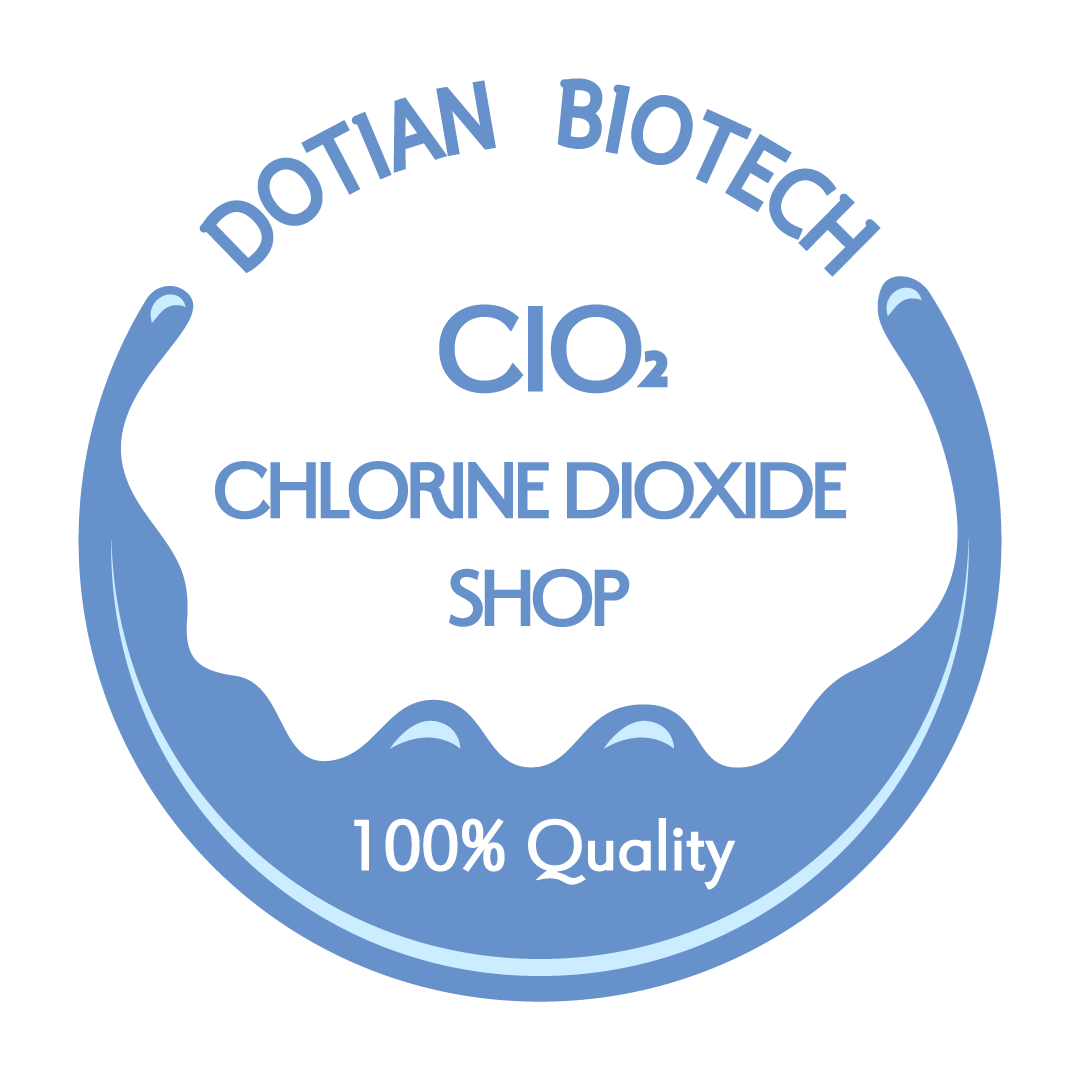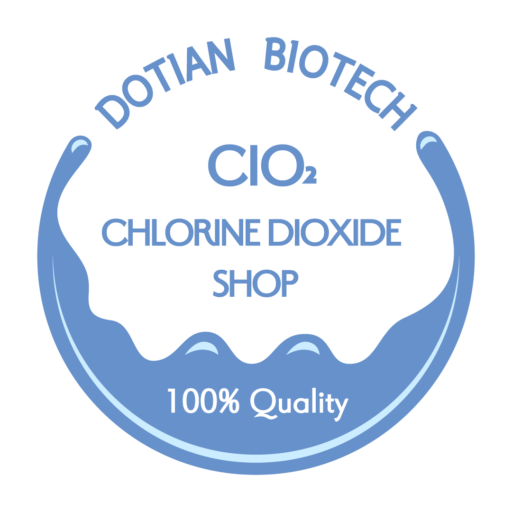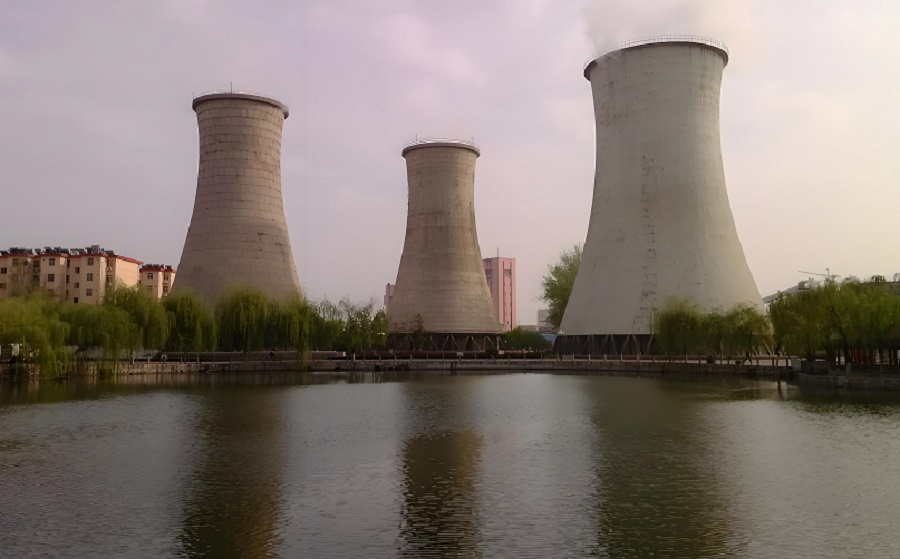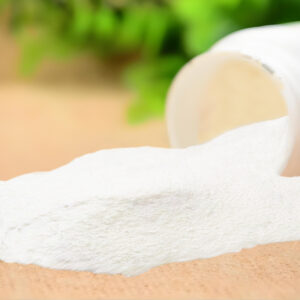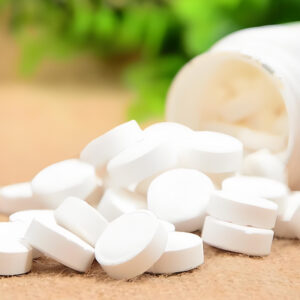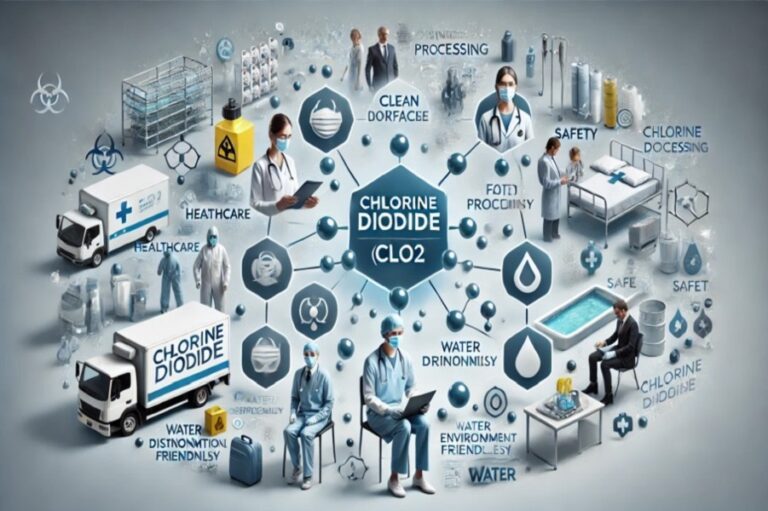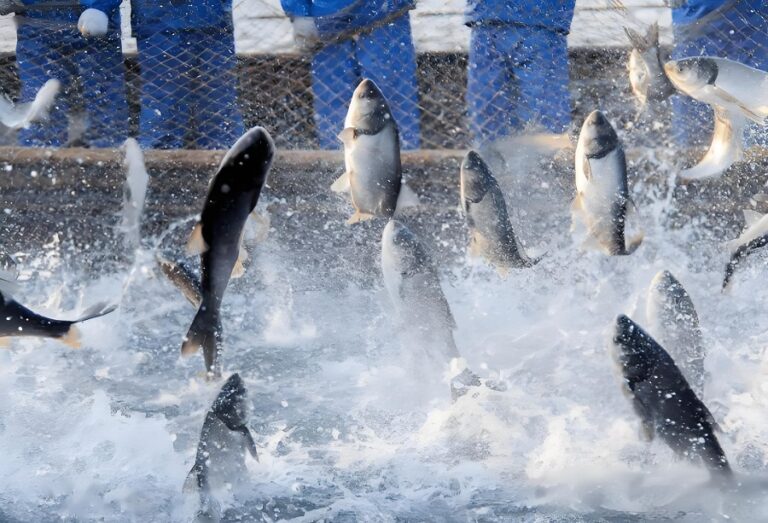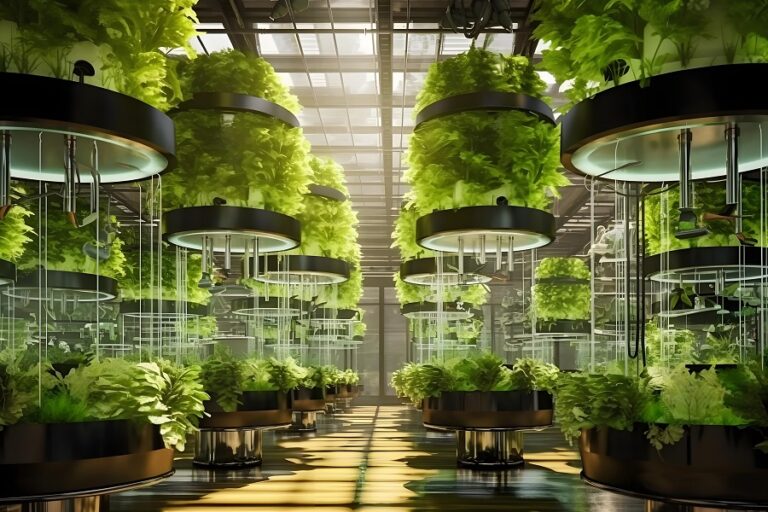Key words: Water Treatment, Cooling Tower, Biofilm Control
Cooling towers play a critical role in many industrial and commercial processes by providing a means to effectively dissipate heat. However, their operation is often hampered by persistent issues such as biofilm formation, scaling, and corrosion, which can significantly reduce efficiency and increase maintenance costs. As these challenges become more pronounced, the need for a reliable and effective solution becomes essential. Chlorine Dioxide (ClO2), especially in the form of effervescent tablets, has emerged as a powerful tool to address these challenges, offering a sustainable and economically viable solution for cooling tower maintenance.
The Hidden Threats to Cooling Tower Performance
Cooling towers are exposed to various operational challenges that can degrade their performance over time:
1. Biofilm Accumulation: Biofilm formation, primarily due to microbial growth, is a major concern in cooling towers. These biofilms not only impede heat transfer but also create a breeding ground for harmful pathogens like Legionella, which can lead to serious health risks.
2. Scaling Issues: The deposition of minerals such as calcium carbonate on heat exchange surfaces leads to scaling, which hinders efficient heat transfer. Scaling can cause a significant drop in cooling efficiency and necessitate frequent cleaning or even component replacement.
3. Corrosion: The cooling tower environment, characterized by the presence of oxygen and other reactive elements, is highly conducive to corrosion. Corrosion can compromise the structural integrity of metal components, leading to leaks, mechanical failures, and costly repairs.
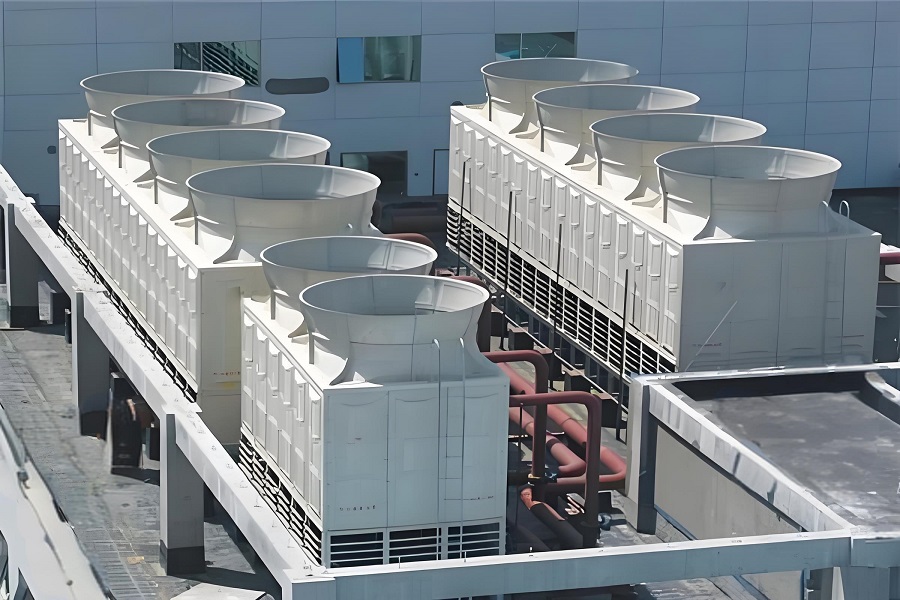
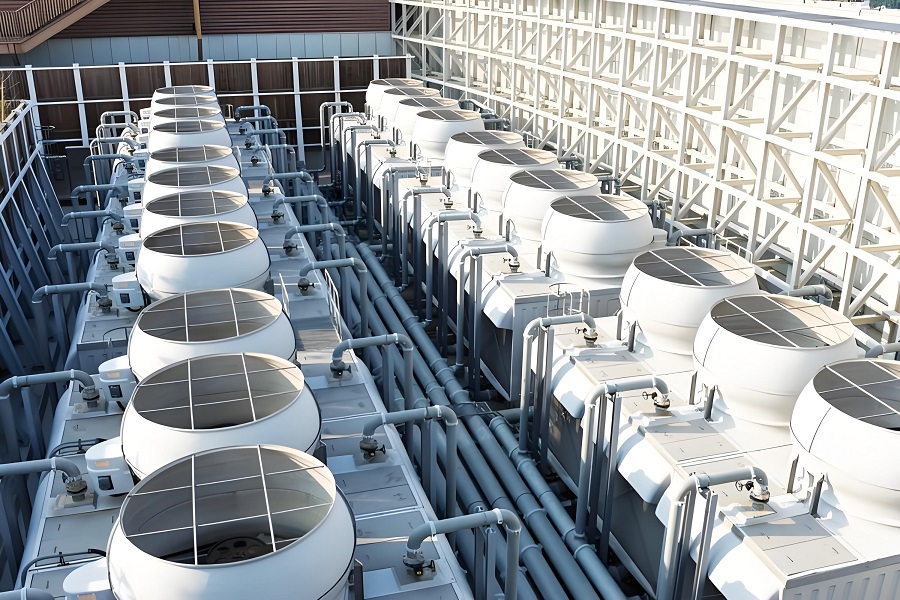
Chlorine Dioxide: A Multifaceted Solution for Cooling Tower Maintenance
Chlorine Dioxide offers a comprehensive approach to tackling the core issues that plague cooling towers:
- Advanced Biofilm Control:
ClO2 is a highly effective oxidizing agent that disrupts the biofilm matrix, preventing its formation and aiding in its removal. Unlike traditional biocides, ClO2 penetrates biofilms more effectively, ensuring thorough microbial control. This not only enhances heat transfer efficiency but also significantly reduces the risk of Legionella outbreaks, promoting a safer operational environment. - Effective Scale Prevention:
Chlorine Dioxide helps mitigate scaling by controlling the precipitation of scale-forming minerals. Its application leads to the stabilization of mineral ions, preventing them from crystallizing on heat exchange surfaces. This reduces the frequency of descaling operations, prolonging the life of the equipment and maintaining optimal heat transfer efficiency. - Corrosion Mitigation:
ClO2 contributes to corrosion control by maintaining water chemistry within desirable parameters and reducing microbial-induced corrosion. Additionally, Chlorine Dioxide does not produce harmful by-products like trihalomethanes (THMs), which can exacerbate corrosion. This attribute ensures that the cooling tower’s metal components are better preserved, reducing the incidence of leaks and structural damage.
The Technical Superiority of Chlorine Dioxide
The unique chemical properties of Chlorine Dioxide distinguish it from other water treatment agents. Unlike chlorine, ClO2 is effective over a broad pH range, ensuring consistent performance even under varying water conditions. Its selective oxidation mechanism targets harmful microorganisms without reacting excessively with other organic matter, which enhances its efficiency and reduces the need for higher dosing. This selective reactivity also means that ClO2 is less corrosive than traditional chlorine treatments. This make it safer for long-term use in cooling systems.
Environmental and Economic Benefits
The use of Chlorine Dioxide in cooling tower maintenance is not only effective but also environmentally friendly. ClO2 does not produce chlorinated by-products that can be harmful to aquatic life and the environment. Its application in the form of effervescent tablets further reduces chemical waste, as these tablets are designed for precise dosing, minimizing the risk of overuse and spillage.
From an economic standpoint, the implementation of ClO2 treatment can lead to significant cost savings. By reducing the frequency of maintenance operations, minimizing the need for chemical cleaning, and extending the lifespan of cooling equipment, companies can achieve a lower total cost of ownership for their cooling systems. The enhanced operational efficiency translates to energy savings, further contributing to the overall cost-effectiveness of the solution.
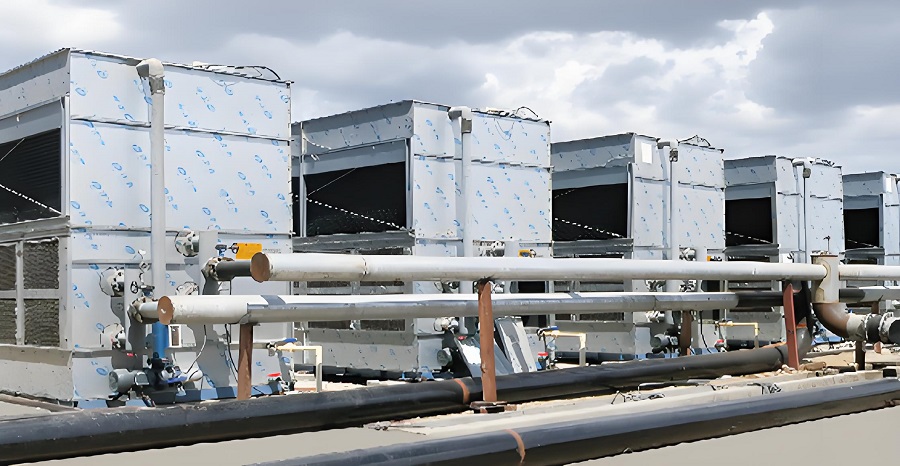
Incorporating Chlorine Dioxide into cooling tower maintenance routines represents a strategic approach to addressing the complex challenges of biofilm, scaling, and corrosion. The use of ClO2, particularly in the form of DOTIAN® effervescent tablets, not only enhances the efficiency and longevity of cooling towers but also offers a sustainable and cost-effective solution. By choosing Chlorine Dioxide, operators can ensure that their cooling systems perform optimally, comply with health and safety regulations, and contribute to a more sustainable industrial environment.
For further details on how Chlorine Dioxide can enhance the performance of your cooling towers, contact us today. And our experts will guide you through implementing the most effective water treatment strategies for your specific needs.
-
1g Chlorine Dioxide Tablet for Poultry Disinfection
-
Chlorine Dioxide Disinfection Tablets
-
Chlorine Dioxide Effervescent Powder Medicine Grade
-
Chlorine Dioxide For Food Processing
-
Chlorine Dioxide Powder Agriculture
-
Chlorine Dioxide Powder Food Grade
-
Chlorine Dioxide Powder for Aquaculture
-
Chlorine Dioxide Powder for Cooling Tower
-
Chlorine Dioxide Powder For Water Treatment
